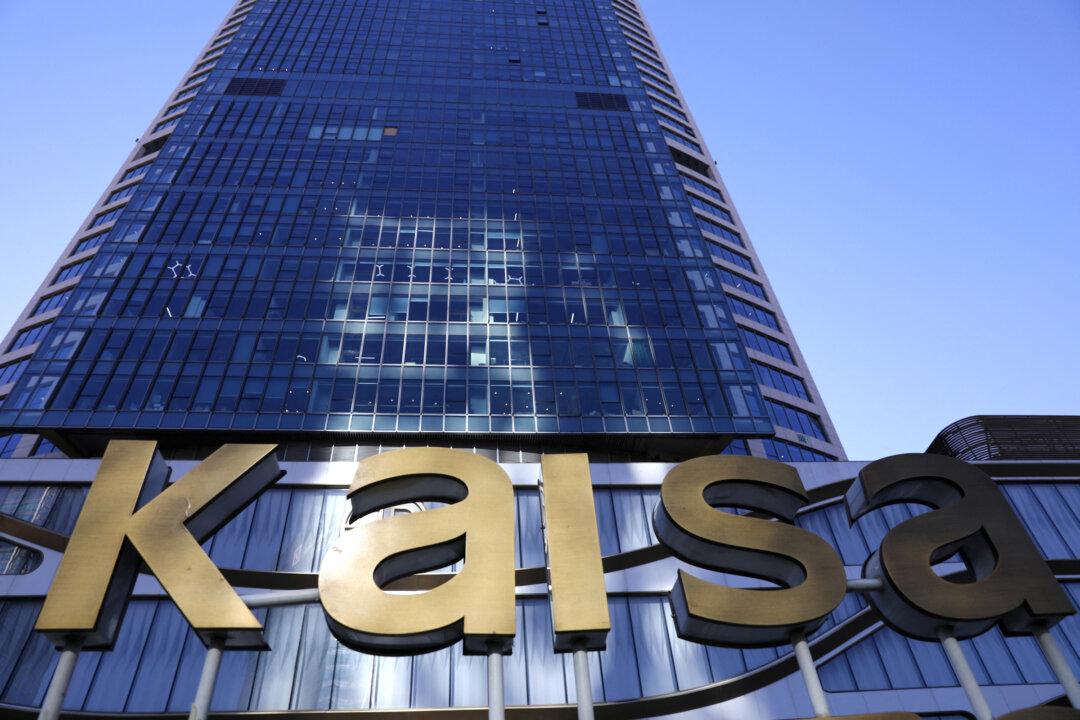China notified Taiwan on Sunday of its decision to halt imports of wax and custard apples from the democratically governed island, stating that the ban would take effect Monday. Taiwan denounced the move as a “hostile act.”
Taiwanese Foreign Minister Joseph Wu stated on Twitter that, following a series of military threats, China is weaponizing trade, and that “the ban violates international trade norms.”




